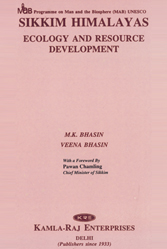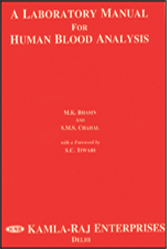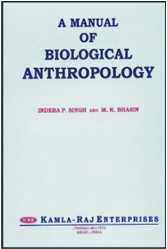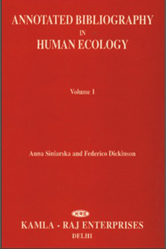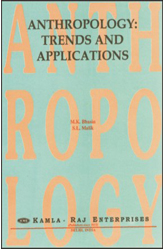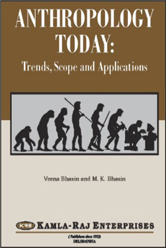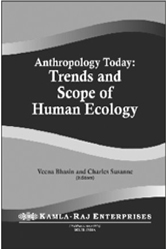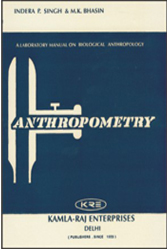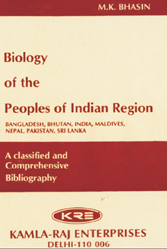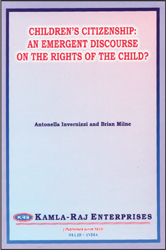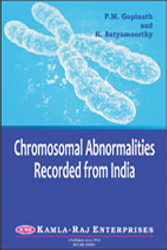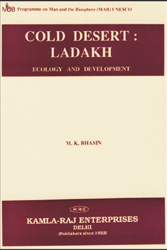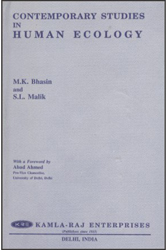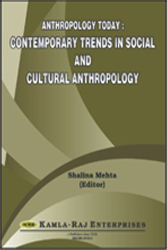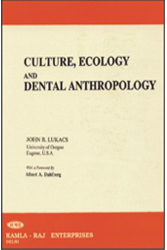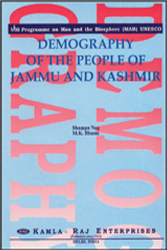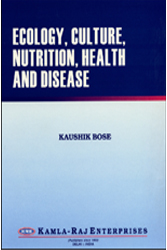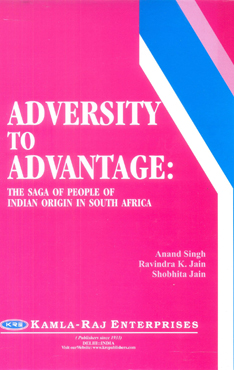SPECIAL VOLUME - SOCIAL SCIENCES
ADVERSITY TO ADVANTAGE: THE SAGA OF PEOPLE OF
INDIAN ORIGIN IN SOUTH AFRICA
ANAND SINGH (University of KwaZulu-Natal, Durban, South Africa),
RAVINDRA K. JAIN (Chairman, Indian National Confederation and Academy of Anthropologists)
AND SHOBHITA JAIN (Indira Gandhi National Open University, New Delhi)
2010 • Pages: 186 • Size: 180x240 • ISBN 81-85264-56-2 •
Binding: Hard • Price: US $ 75/- Rs. 1450/-
(Special Volume of Journal of Social Sciences No.11)
The common theme of this volume is the understanding of rich and varied contemporary socio-cultural and politico-economic processes among Indian South Africans set against the historical and comparative backdrop of global diaspora of PIOs and other ethnic groups. Substantive comparisons show the processes of interstitial mobility among Indian transmigrants to South Africa, questions of Indian religious identity in Malaysia, and political successes combined with ethnic and sub-ethnic tensions in Mauritius. Comparisons could further be made with forces behind the inter-ethnic imbroglio in Fiji, and gradual and creative creolization in Trinidad. The much longer socio-cultural history of the PIOs - contrary to the popularly sketched ‘backward ‘ profile of the old Indian diaspora as compared with the celebratory picture of the NRI frontiersmen - presents a balanced and all-round growth of these communities. The focus on communities as open systems means that our characterization of the situation of the PIOs is as an ongoing process rather than a finished product. In other words, the dynamics portrayed in these essays will unfold in certain expected and unexpected ways in the future.
